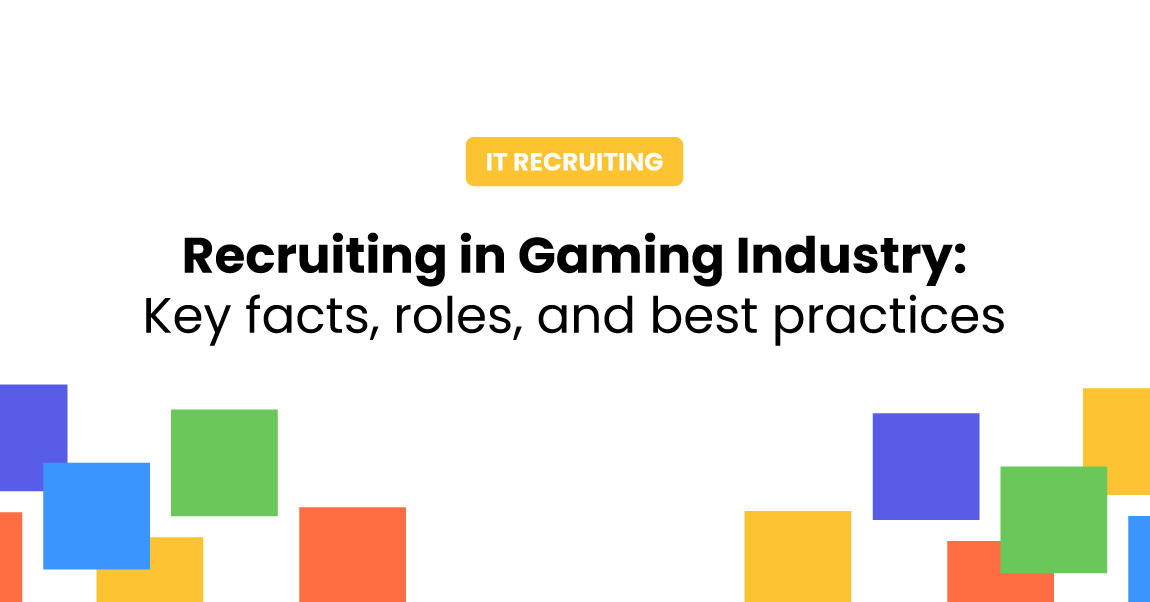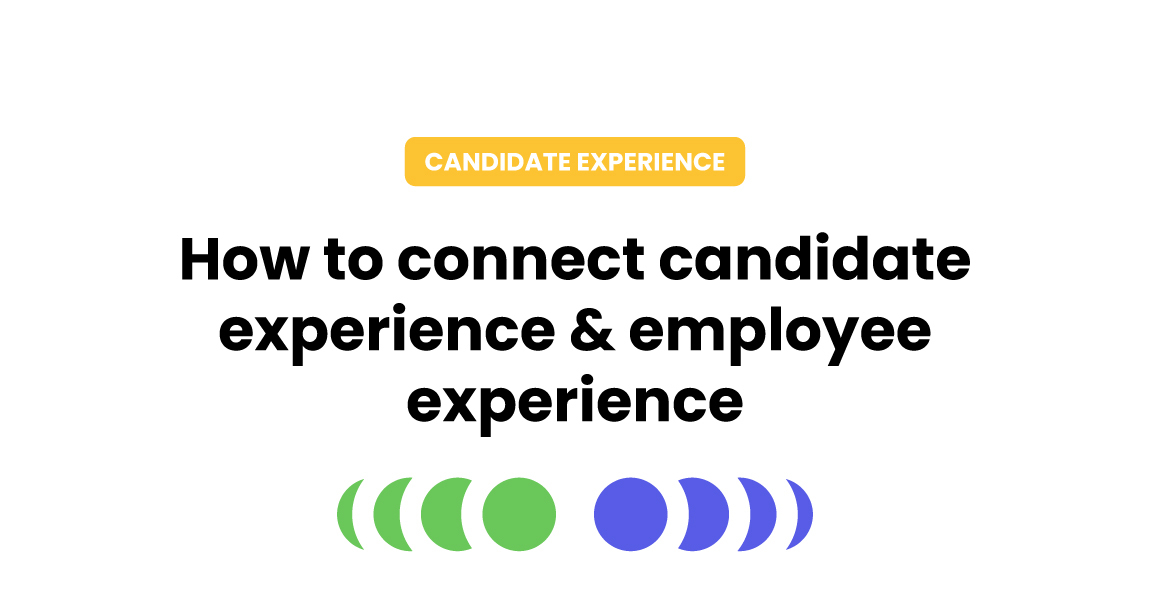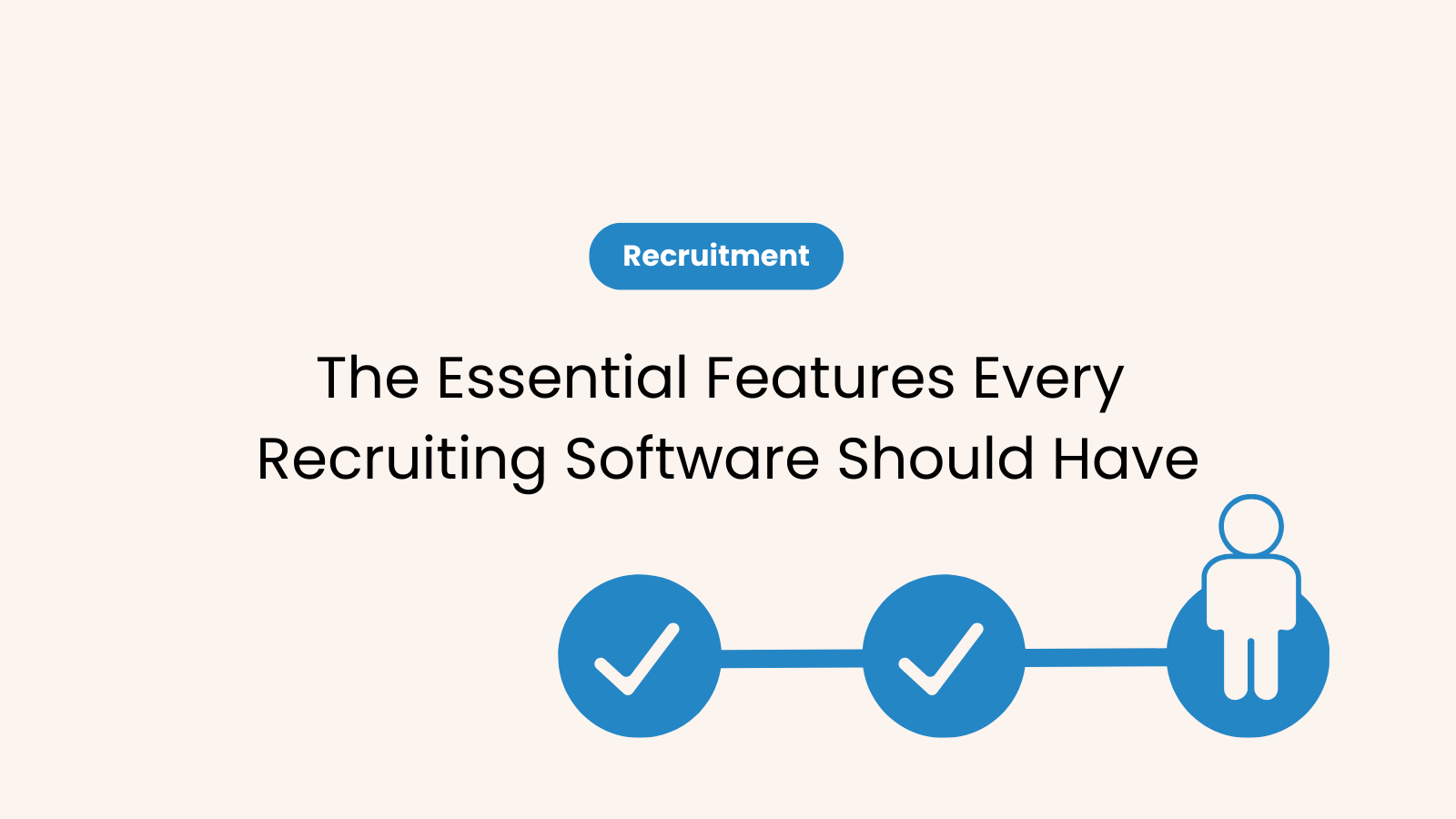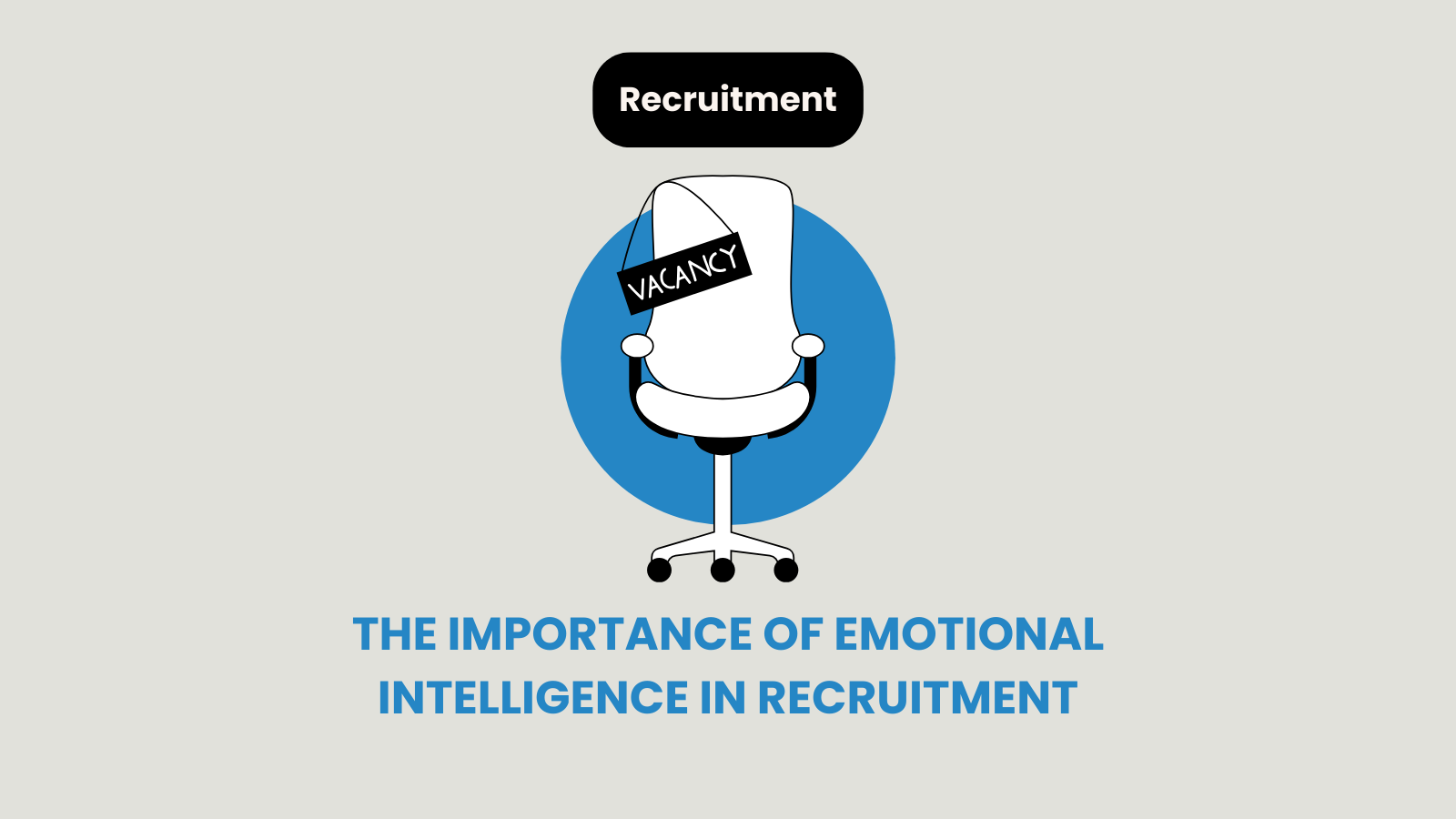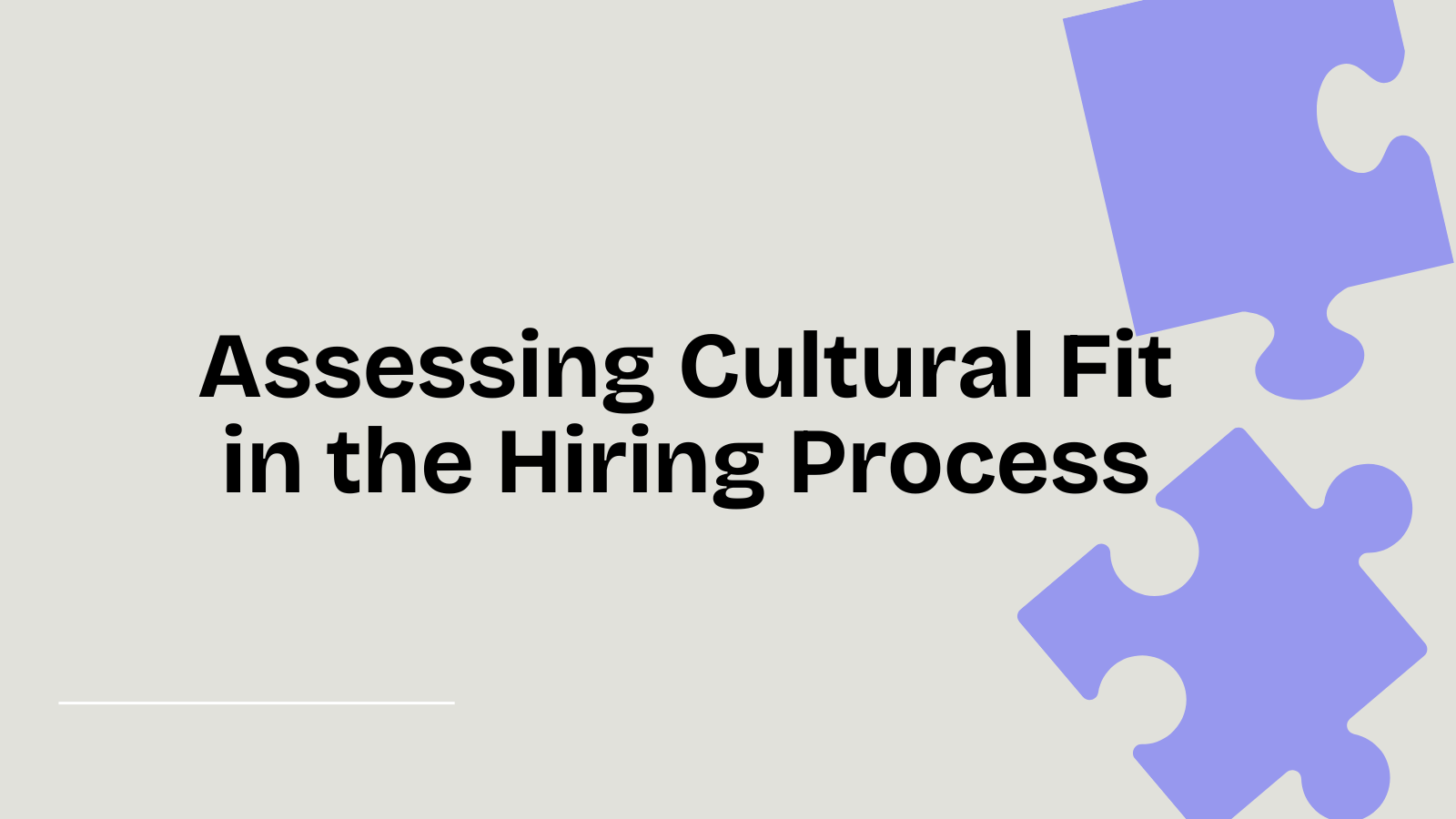Finding the right candidate for an open position at the company is always a challenge. It depends on the role itself, the niche, and the whole sleuth of things ranging from requirements to benefits. Recruiting in the gaming industry is no exception.
Let’s take a deep dive into the recruiting in the gaming sector & best practices you must know.
A brief overview of the gaming industry and its recruitment targets
While sharing a lot of similarities with general software development, the gaming industry has its share of unique development procedures, jobs, and organizations from top to bottom. When recruiting for a game development company, the process is quite unique. The recruitment team needs to adopt a valid strategy depending on the product itself. First, there are at least three different platforms that are targeted by the game industry.
The origin story of gaming: Good ol’ consoles
The oldest ones are consoles. Ever since the days of the NES (Nintendo Entertainment System), the primary machine for playing games was the console. While arcade games were also popular, they had recurring costs in case you wanted to play the game again. Most of the arcade cabinets were located in shops or specialized game clubs that offered a much better variety. One of the most famous rivalries was between Nintendo and Sega, which started the console wars. While the place of Nintendo and Sega was taken by Xbox developed by Microsoft and Playstation developed by Sony, the ultimate goal was always the same: provide home entertainment systems with addictive and immersive games.
A trip down a memory lane: Personal handheld games
Next came personal handheld games. The main thing about those was their portability. One of the most famous handheld games is probably Tetris which brought fun to millions of people with its simple but addictive premise: arrange blocks, gain points, and prevent them from reaching the top as much as possible. During the 90s and 00s, there were a lot of different handheld games and devices, mostly developed by Nintendo and Sony (that still develop them). But once the first smartphone revolution was kickstarted by the iPhone in 2007, mobile games would take the reins and become one of the biggest markets in the gaming industry.
One specific thing about mobile game development is that the inner knowledge of Android or iOS is a must before developing games for it, as well as optimization and usage of things unique to mobile phones, such as accelerometer, touch screen for controls, and so on.
Work vs. gaming: The personal computer
Last but not least, the personal computer, or in short, PC, was always thought of as a work machine and not that much as a gaming platform. However, with the popularization of personal computers by Apple II, and the ever-evolving Windows, the personal computer became not just a target and the biggest game market but also a development platform where all focus came in regards to the game development.
Recruiter’s guide: How to recruit in the gaming industry
When hiring game developers, the first thing that you need to consider is your current product and the skills needed onboard to match its essence. So, what job roles are in the gaming industry? Get ready to list and deconstruct the main positions so that you can see how each one works and what they bring to the table.
Game/Engine Programmer
Game engine programmers are developers that are tasked with developing an engine or adapting it to fit specific user needs. The most used engines today are Unreal Engine 4 (Unreal 5 is coming up soon), Unity, and Source engine. There are also other engines, but most of them have one thing in common: They are all developed in C++. While there are some engines that are developed in languages such as Java, most of them are still using C++. As for the scripting language, there are some variations, such as LUA or C#.
Basically, scripting in game development can be described as making something similar to a movie script. For example, if you enter the room, the lights go out, and once they are on again, the enemy appears, and you engage in the fight. The script makes sure that once you enter the specific point, it triggers another event and the next event, and so on.
Pro tips for recruiting in the gaming industry 💡
When looking for seniority in case you are building a team from the bottom up, you should always look for a few seasoned professionals that have experience working with said engines. The common mistake that recruiters make is that they focus on candidates that have worked in big game development companies such as Bethesda, Bioware, Crytek, etc. While it isn’t an error per se, it allows for a lot of indie developers or developers working for indie developers to go under the radar. The main way to see the quality of projects of indie game developers is to visit their website, LN profile, as well the games that they have worked on. Give a quick look at a few video game reviews so that you can see what type of game is part of their Curriculum. In cases where a company is making a custom engine from scratch, having a senior developer on board is a must.
While you can hire someone with a few years of experience to work with an established engine, working on a custom engine is a different story. It requires adaptation, knowledge of clean, documented code, and the writing of optimized code. In the case of some games, the game developers will want to build tools to allow modders to modify their game and create custom content. When a candidate lists that they have worked with a physics engine, it means that they have used a middleware engine that enables functional physics simulation in the game. For example, if you drive a car in the game and hit another car, the physics engine will make sure that it simulates everything from the gravitational pull and push, as well as the ragdoll effect when it is necessary.
“You break all the laws of physics, and you seriously think there wouldn’t be a price?”
Horror movie quotes are usually the good attention-grabbers. So, now that you’re positively tuned let’s see why these principles matter. The knowledge from the previous paragraph is especially vital in case your company is developing a game that heavily relies on physics. And thus – it should be looked into when checking out candidate profiles. Your first stop to check the games they worked on should be Steam or the company website. There, you will be able to see a few videos and comments from the players and see what they worked on. This will help you to structure your questions for the interview and come up with specific ones like:
- “How would you utilize dynamic weather effects in our open-world game with minimal strain on the hardware? How did you make it possible with the X game?”
In case you have a few paragraphs about previous positions, you should focus on that and then, depending on the answer, reply with your question on what are the pros or cons, how it could be done, etc.
Gameplay designers
One of their primary responsibilities is making gameplay decisions – and determining how the game will play out. For example, they’ll dictate how far you can jump, can your character’s health regenerate automatically, or will you need to use potions, spells, etc. The more unique the gameplay, the more interesting it all is. However, balance is the key: not to go over the top or resemble a bit too much another game with the same gameplay mechanics.
So, when recruiting in the gaming industry and seeking gameplay designers, you should always research the previous games they worked on. Plus, do some extra research to see what they brought to the project. Here are a few buzzworthy games that feature interesting mechanics:
- Rocket League – playing football with toy cars,
- Metal Gear Solid V – attacking the enemies by shooting them in the same manner will have them adapt to the situation with the next spawn,
- Shadows of Mordor games with nemesis system – where enemies advance in ranks and remember you,
- Life is Strange, where you use time travel as a game mechanic to piece together all the pieces of the game story.
Your interview questions should focus on what type of features the candidate would implement, what would remove or add, and so on.
Concept artists
Every game brings a unique world to life and reflects its characteristics through every action and line of code. However, the first step entails setting up the main concepts. And, you’ve guessed it – this is where concept artists jump in. They are dedicated to drawing different locations, characters, and items that will, later on, be passed to animators and modelers. Finally, they will end up in the game.
The main thing that recruiters should pay attention to when looking for a concept artist is their portfolio. If the game is, for example, an open-world first-person shooter in a desert, by looking at the portfolio, you can see how they imagined this scenario. This is what a recruiter should aim to figure out: If given a specific narrative by game writers, what would the candidate conceptualize? How would the characters look?
To grasp these key points, you should ask how much they worked with story writers and gameplay designers. Focus your questions on the collaboration and mind the soft skills too. Ultimately, you should also introduce them to how you approach the design. At this point, it’s always smart to ask if they use Wacom or something else for sketching their concept arts.
Story Writers
All games need a good story. Well, most do. And if you’re not going with a minimal story road for some FPS, then you must pay some extra attention to this aspect. How to get started & hire the right person for your storytelling section of the game?
Read a few stories and templates available online or submitted by the candidates. They are usually responsible for writing quests, in-game lore, as well as the characters themselves. You should skim the stories the candidates wrote and look for two crucial things:
- How many of those stories are written from scratch?
- How many of them are adaptations of famous work that is being translated to the game?
For example, say that you are developing a Star Wars game. Then, you should have a writer that knows the ins and outs of the title history, tidbits, and so on. If you’re holding a franchise like that in your hands, your questions should be focused on the elements from the story, asking the writers for their thoughts, and seeing how well they are versed in the lore. This position should not be taken lightly and filling it requires careful preparation. So, you must be ready to ask crucial questions which will drive your game development and give direction to artists, gameplay designers, and engine developers.
User Interface Designers
UI designers are responsible for developing in-game interfaces and menus. The main point for each game is to have a clear user interface and the optimal user experience. In other words, a well-crafted game simply must have an easy-to-use interface. When interviewing prospective hires, ask them what is counterintuitive to user experience and how they would implement the menu.
Sound Designers
If you’re hiring in gaming, this role is nearly unavoidable. The most interesting part here is that you’ll need to make a round-one decision by looking at the samples sent by the composers and sound designers. After you gather all samples, you’ll make a selection with the team and invite the best candidates to an interview. Make sure to ask them about what atmosphere they wanted to convey at some specific time (example, 2:12) or why they chose that specific style.
Quality Assurance Testers
The role of the QA in game development is essential so that you can have launch day without major bugs or downtime that can impact the final score of your game and the impression of the users. Depending on your team setup, you can have an in-house QA team or outsourced QA testers that will help you deliver the product free of bugs – be it manual or automated testing.
It is important to pay attention as early as possible so that the bugs can be eliminated without making them harder to fix later on. One interesting option that you can explore is to invite fans to help you test in closed alpha or beta stages. That way, you can get the feedback that will be given to you by outside testers on how the market could react to your game and some features and implement necessary changes.
When recruiting QA testers, it is essential to see how much experience they have with testing applications and especially games. Ask them about writing steps to reproduce the bugs, what is interesting to them in game development, what games they play, do they think some mechanics are bugs or features, etc.
Recruiting in the gaming industry: Key takeaways
Establishing one’s presence and networking as much as possible is precisely how recruiters find candidates in the gaming industry. A good way to network would be visiting different workshops, participating either as a guest or speaker, connecting with people, asking them if they are interested in working on an interesting project, etc. Game Jams and Hackathons are a good way to attract potential talent or even projects to take under your wing that could, later on, grow to be a million-dollar franchise.
The main point is that you shouldn’t “just work” for the game development company. You should embrace your inner gamer, regardless of what platform or game type you prefer. That way, you can truly connect with the candidates and explore their experience and motivation at the same time, getting you the necessary information you need to make the final hiring decision. The more you connect with the industry, the more it helps your company in finding the best match, speeding up development, and landing a great product that will play a key role in your success and growth – both as a company and recruiting team.
